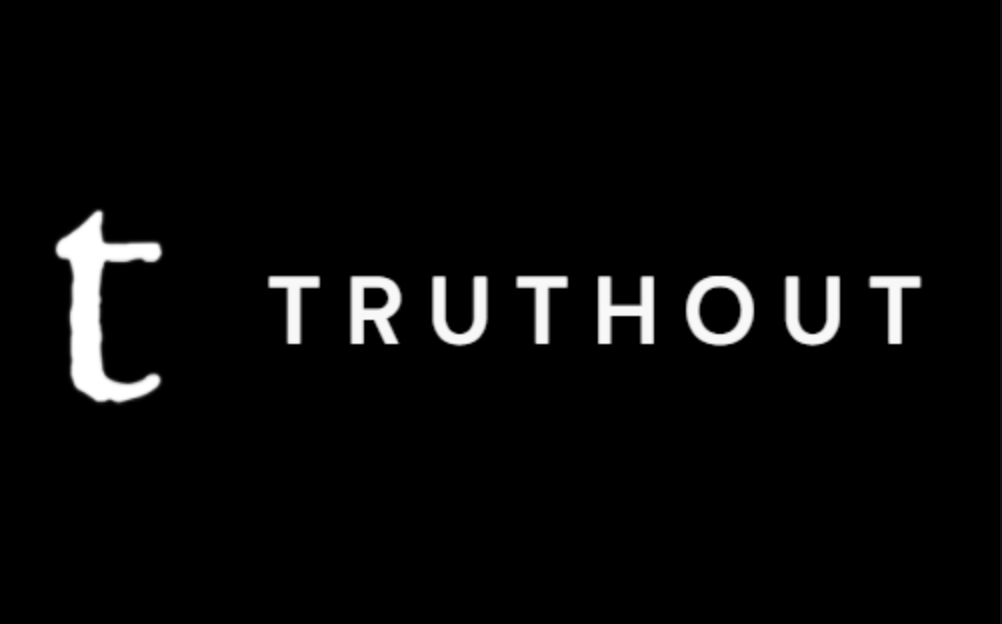
By Candice Bernd
Truthout
Antiwar and progressive veterans organizations across the country are marking the first Earth Day after the United States’ withdrawal from Afghanistan and Russia’s subsequent invasion of Ukraine by highlighting the ways in which militarism fuels the global climate emergency, and how the planetary crisis, in turn, impacts service members.
The U.S.’s role as the world’s largest weapons dealer, they say, is bad for the planet. True climate action, in their view, means ending new weapons shipments to Ukraine and instead deepening diplomatic channels toward a negotiated settlement to end the conflict.
Echoing Earth Day’s historically antiwar roots, they are pressuring Congress members to pass a new climate and social spending package, and fund a just transition away from fossil fuels that includes good jobs for impoverished veterans and fossil fuel-sector workers. Such a plan, they say, would also ensure energy independence from petrostate dictators like Russian President Vladimir Putin. The veterans are also pressuring politicians to remediate land polluted by U.S. military bases around the globe and support a Department of Defense accounting and reduction of its greenhouse gas emissions.
[…]
Yet U.S. military assistance to Ukraine continues to enjoy support among many progressives, antiwar veterans say — including some within the climate and environmental justice movement. That’s something Ramon Mejia, anti-militarism national organizer at Grassroots Global Justice Alliance, plans to warn against on Saturday as a keynote speaker at the Green New Deal Network’s Earth Week mobilization, Fight For Our Future. Mejia, who is also a member of About Face: Veterans Against the War, served as a corporal in the Marine Corps from 2001 to 2004 and deployed to Iraq in 2003.
He tells Truthout he hopes to push conservation and environmental justice organizations to take firmer anti-militarist positions on U.S. foreign policy — including positions against additional arms shipments that will prolong the conflict in Ukraine and potentially imperil efforts at diplomacy.
Environmentalist collaboration with anti-militarist efforts isn’t a given: Mejia points out that some environmentalists are taking approaches that are complicit with militarism. For example, the Sierra Club recently reinstated scheduled trips to Israel after pressure from pro-Israeli organizations. Pro-Palestinian advocates had previously successfully pressed the group to nix the trips, arguing they help to “greenwash Israel’s system of apartheid.”
“We have to be straight across the board and engage in every which way,” Mejia tells Truthout, referring the environmental movement. “We can’t be hypocritical about it. We can’t be like, picking and choosing when we engage and when we don’t.”
Instead of supporting weapons shipments, climate justice groups should focus on ways to deepen diplomatic channels and support Ukrainian refugees and those displaced within the country through humanitarian aid, Mejia argues.
As part of its “No War, No Warming” campaign, Grassroots Global Justice Alliance is joining veterans groups in pressuring members of Congress support H.R. 767 and shrink the overall size of the military, including closing overseas bases and remediating and transitioning the land for community use. The campaign is also pressing lawmakers to reallocate Pentagon, policing and arms funding into life-affirming social spending and community resources, and create policy bans on weapons manufacturing and the production of nuclear weapons. Mejia says the campaign is specifically targeting congressional sponsors of the Green New Deal to drive home the importance of including the military in any plans for a national transition to clean energy.
The history of the first Earth Day in 1970, in which organizers initially modeled a national, environmentally focused teach-in on similar teach-ins debating the Vietnam War on college campuses across the U.S., Mejia says, underscores the need for the antiwar and environmental movements to come together and lift up the linkages between their struggles.
“Earth Day is a bridge between movements and a bridge between communities to say that we all inhabit this this world. If we want to leave a better world after we transition, then we have to build movements across struggles,” Mejia says. “The systems that seek to harm us are intersectional, and we have to be an intersectional movement that bridges across the struggles we are fighting, whether they present as imperialism, capitalism or extractivism…. So it’s important that we continue to carry on [Earth Day’s] legacy.”
